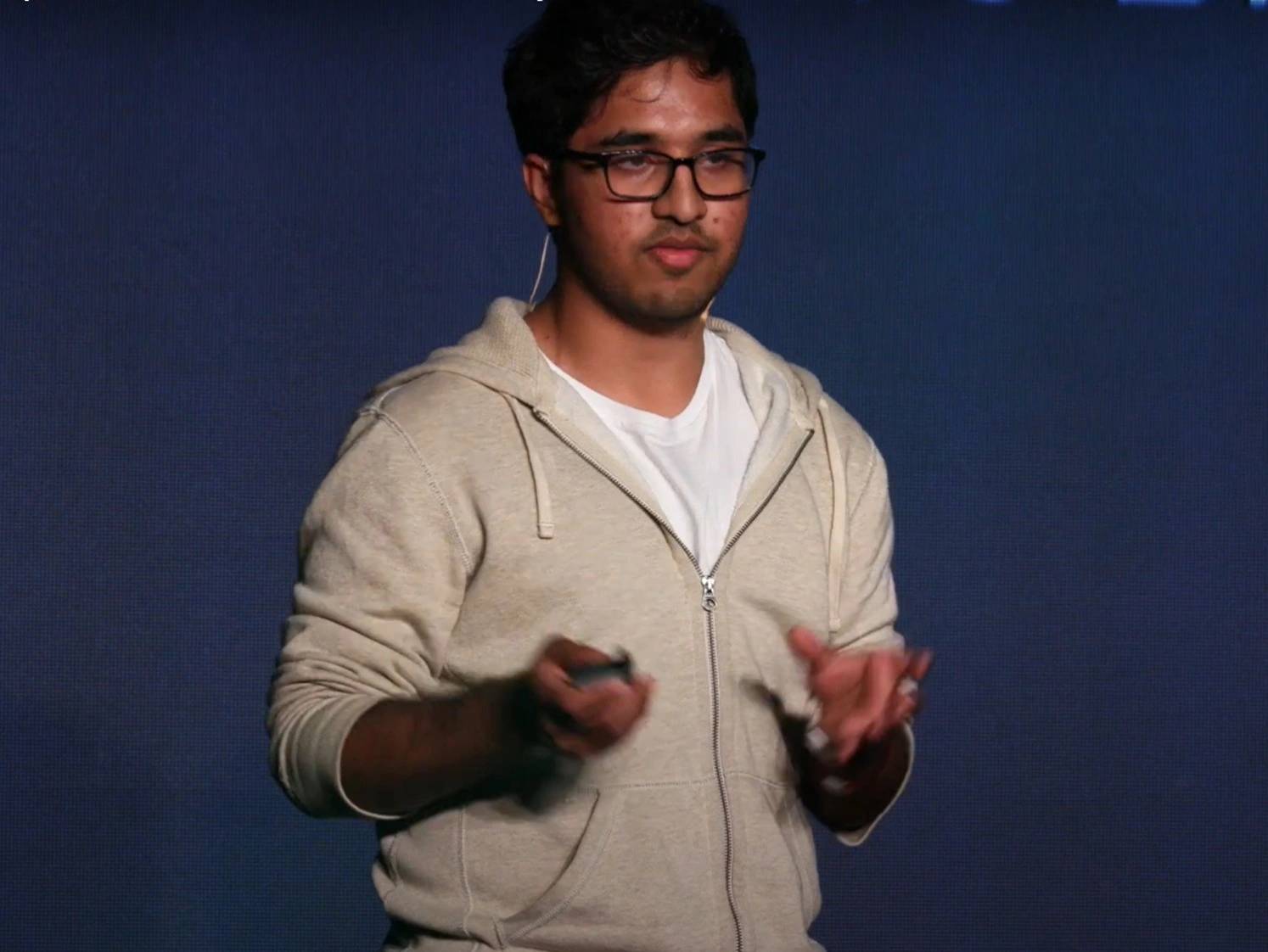Subscribe to wiki
Share wiki
Bookmark
Drew Patel
The Agent Tokenization Platform (ATP):Build autonomous agents with the Agent Development Kit (ADK)
0%
Drew Patel
Drew Patel is a software engineer and co-founder of Andalusia Labs, creators of the Karak Network, a universal security layer. [1]
Education
Patel graduated from the University of Missouri-Columbia with a B.S. in Computer Science. [1]
Career
Patel worked as a CTO for a stealth startup called Bloodchain, a blood-tracking system for developing nations using blockchain, in November 2017 before becoming a portfolio management associate intern at 8 Decimal Capital, a multi-strategy investment firm focusing on token and equity investments. In 2021, he became a software engineer intern at Coinbase but left to start Andalusia Labs with co-founder Raouf Ben-Har. [1]
Presentations
Creating a Venture
In December 2020, Patel shared his thoughts and experiences on creating a venture as a college student. At the start of the presentation, he gave a quick rundown of his previous experiences in the blockchain industry: [2]
“My journey as an entrepreneur spans three years of dedicated effort. I've founded four startups during this time. Two have ceased operations, with one being categorized as a failure. The first startup ventured into the healthcare industry, focusing on a blood tracking system for developing nations using blockchain technology, a novel concept at the time. Another startup has established partnerships with two Fortune 500 companies and continues to operate. Additionally, one of my startups has amassed 80,000 users worldwide, covering every country except North Korea and South Sudan. Instead of pursuing an internship at BCG after high school, I chose to embark on entrepreneurship. We invested one million dollars in cash into one of our ventures, for which I take full responsibility.”
He then discussed his three takeaways as an entrepreneur, “go, work, and inquire,” starting with “go”: [2]
“What I mean about ‘go’ is so personally, I am pretty introverted now. I don't really like to go places. I'm pretty comfortable where I am usually, but I think that's a big issue if you're trying to be an entrepreneur…But I soon realized that if you're introverted, that's a fancy way to say you’re lazy because you're just comfortable with where you are and to be entrepreneurial, you always have to be pushing. It's like a marathon, and you're in front, and all the big companies that want to kill you like the little squirrel you are running behind you, so you always have to be looking for new opportunities, and you should never stop.”
For “work”, he explained: [2]
“You can already know that entrepreneurship requires lots and lots and lots of work. So the one thing I'm going, to begin with, is saying that your degree doesn't matter in that there are so many people that got a degree and they're working in a completely different industry…Sometimes, you'll fail, but in the end, you learn the lessons. ‘Maybe next time, I should choose a better co-founder, or I should change the way I approach this business to a different industry,’ whatever. But you learn from your failure, which is a big thing in entrepreneurship. So if you fail once, don't worry about it, literally, it's part of the process. If you're not familiar, you're doing something wrong, or you just hit it lucky for your first time.”
He then discussed his last takeaway, “inquire”: [2]
“This is my favorite one, actually because I believe the best way to be an entrepreneur is by continually inquiring around about the world around you. And in that, going around in your day-to-day life and understanding the problems in the world is how you're going to find, I think, your next startup. It's the best way because, if you don't actually find problems, you end up shoehorning a solution into a problem that doesn't exist, and in the end, your startup will fail.”
“With inquiry, consume tons of information, and as you consume tons of information, you come up with ideas. The one thing I hope that you take away is you avoid zero-sum ideas. And by zero-sum ideas, I mean ideas that don't give back or don't do anything for society. You can probably name a few, like if you want to create an online course that, for $500, teaches people to sell real estate, what exactly does that do for society? And if you've heard these courses online, don't follow that trap because I think the end goal of entrepreneurship should be to create a better world for everyone to live in. And in turn, you will make money, but your goal should be to create a better world for all to live in.”
See something wrong?
The Agent Tokenization Platform (ATP):Build autonomous agents with the Agent Development Kit (ADK)
